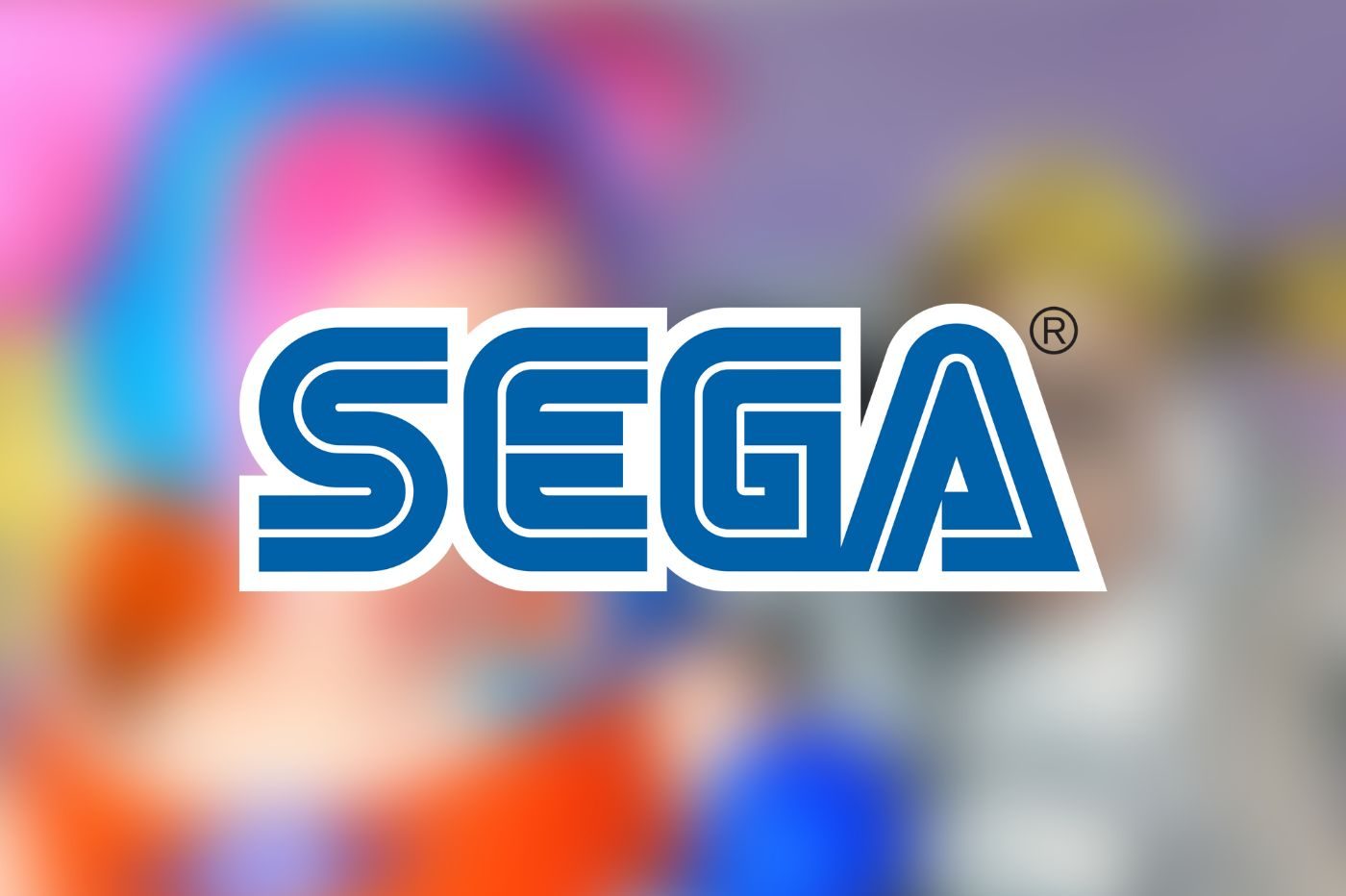The video game industry is set to boom over the next five years, according to a new report, but one of the three current console giants is set to struggle.
Video game industry analyst DFC Intelligence has just released its 2024 Video Game Market Report and Forecast, and there are some intriguing findings.
The report claims that the next five years are going to see a boom for the traditional video game industry, with record market growth and revenue amounting to $83 billion by 2028.
This success will largely be built around two tentpole releases: the Nintendo Switch 2 console and the cross-platform Grand Theft Auto 6 game. Nintendo is predicted to be the market leader over the coming few years, with initial sales of the Switch 2 predicted to beat those of the original Switch.
Nintendo looks set to benefit from excellent (or should that be fortuitous?) timing. As the report points out, it will have been eight years since the launch of a completely fresh console platform by the time the Switch 2 hits the market next year. This means it’s going to launch into a market of more-eager-than-usual gamers.
While Nintendo is set to bring home the bacon, one of its rivals could be set to lose out. According to the report, Microsoft and Sony – both expected to launch their own new consoles by 2028 – will have to scrap it out for a still-lucrative second place finish. Whoever comes in last will struggle, the report claims.
Get Updates Straight to Your WhatsApp
Join our WhatsApp Channel for up-to-date news, reviews and deals straight to your phone
DFC Intelligence reckons that Sony has the edge here, with a prospective PlayStation 6 benefitting from a larger loyal fan base and Sony’s enviable roster of first party exclusives.
All is not lost for Microsoft, however, with the company’s formidable publishing power and the promise of a portable Xbox offering grounds for hope.
Mobile gaming doesn’t figure in these console boom calculations, but the report does note that when mobile gaming is added, the wider video game industry will be raking in more than $300 billion from a 4 billion-strong audience by 2028.












